(Blog - 1) How Artificial Intelligence (AI) is Transforming HR: Unlocking Potential and Overcoming Challenges
Apr 6, 2023
Let’s picture this: It's Monday morning, and your Human Resources (HR) department has just received hundreds of job applications for an open position at your company. Traditionally, the process of sorting through these resumes would be time-consuming and prone to human error. But now, with the integration of artificial intelligence (AI) in HR processes, tasks like these can be streamlined, freeing up HR professionals to focus on more strategic responsibilities.
In this blog, we will delve into the exciting possibilities that AI brings to the world of HR, explore the challenges to overcome, and share some inspiring examples of how organizations can reap the benefits of AI integration.
The integration of AI into various industries has significantly transformed business operations, with HR being no exception. From automating mundane tasks to providing deep insights on employee performance, AI has brought about a revolution in the way HR professionals manage talent and drive business outcomes. However, as with any technological advancement, there are obstacles to overcome in harnessing AI's full potential.
AI Applications in HR: A Game-Changer for Recruitment and Workforce Management
One of the most significant advancements AI has brought to HR is in the area of recruitment. Let's take a look at a potential AI implementation. A multinational company struggling with the time-consuming process of candidate screening decided to integrate AI-driven Applicant Tracking Systems (ATS) into their recruitment process. As a result, their HR team saved countless hours previously spent on manual resume screening, and the company experienced a significant reduction in time-to-hire. AI powered ATS not only enabled the company to streamline their hiring process but also ensured that the most suitable candidates were shortlisted based on skills, experience, and cultural fit.
Another example - a leading tech company that decided to leverage AI chatbots to enhance the candidate experience during the application process. These chatbots answered frequently asked questions and scheduled interviews, making the process more efficient and engaging for both candidates and recruiters.
AI-driven tools have also been instrumental in creating more inclusive and diverse workplaces. For example, a global financial services company decided to use AI to detect potential biases in job descriptions and recruitment processes. By addressing these biases, the company increased diversity among new hires and fostered a more inclusive work environment.
But AI's impact on HR extends beyond recruitment. Companies are now using AI to improve employee engagement, retention, and workforce management. Sentiment analysis tools are being employed to analyze employee feedback, while predictive analytics can help identify employees at risk of attrition. AI-driven personalized learning systems have also been developed to tailor employee development plans, leading to improved job satisfaction and performance.
Challenges and Solutions: Embracing AI in HR the Right Way
Despite the numerous benefits AI offers, implementing it in HR processes comes with its challenges. HR professionals need to develop skills in data analytics and machine learning to effectively use AI tools. Companies must invest in training their HR teams to work with AI-driven tools and understand their benefits. Data used to train AI tools is biased, it can perpetuate discrimination in HR processes. Companies need to ensure they use unbiased data in training AI tools and implement regular audits of AI algorithms to mitigate this risk.
Another challenge is the fear of job displacement among HR professionals due to AI. To address this, organizations must communicate the complementary nature of AI in HR, emphasizing that human empathy and strategic decision-making cannot be replaced by machines. By highlighting the value of their roles, HR professionals can be reassured that AI is a tool to enhance, not replace, their expertise.
Data privacy and security are also critical concerns, as AI relies on employee data to function effectively. Companies must implement robust data protection measures and comply with relevant data privacy regulations to ensure employee data remains secure.
Unlocking AI's Potential: Strategies for Successful AI Adoption in HR
To embrace AI's potential in HR, companies can adopt the following strategies-
Develop a Clear Plan: Assess current HR processes, identify areas where AI can add value, and create a roadmap for AI integration, including setting measurable goals and key performance indicators (KPIs).
Invest in Infrastructure and Technology: Allocate resources for procuring and deploying AI-powered HR tools, and ensure the required infrastructure is available to support these technologies. This may involve investments in cloud-based systems, data storage solutions, and security safeguards.
Train HR Teams: Provide training to HR professionals on AI tools, data analytics, and machine learning, focusing on both the technical and ethical aspects of AI use in HR. This will enable them to make the most of AI-driven solutions.
Foster a Culture of Innovation: Encourage a culture of innovation and adaptability, where employees are open to embracing new technologies and ways of working. This will enable a smoother transition to AI-driven HR processes and ensure that employees remain engaged and productive in the changing work environment.
Conclusion
AI's impact on HR and workforce dynamics presents both opportunities and challenges for companies. By utilizing AI-powered tools, tackling potential challenges, and embracing a strategic mindset, organizations can revolutionize HR processes, workforce management, and employee engagement, resulting in enhanced business performance.
Achieving success depends on investing in essential infrastructure and technology, preparing HR professionals to proficiently work with AI-driven tools, and promoting a culture of innovation and adaptability. As the work landscape continues to transform, adopting AI in HR will be crucial for businesses aiming to retain their competitive advantage and secure top-notch talent. By taking the right steps, organizations can unlock AI's potential in HR.
About the author

Muthu Kumar Hanu (aka MK) is an experienced Global HR Technology/HRIS Executive who has supported purpose-driven companies through rapid growth and transformation. He is a co-founder and managing partner of Future of HR Inc (www.futureofhrinc.com). He is also an investor, startup mentor and coach at Elevt Inc (www.elevt.com). With a keen focus on enabling change through mindset, people, process, and technological interventions & improvements, Muthu has successfully reduced costs and improved bottom-line profitability for organizations across multicultural environments in Americas, Europe, and Asia-Pacific.
As a strong believer in the value of human capital, Muthu is committed to leading global transformation programs and fostering innovation and collaboration within teams. Muthu holds various industry certifications in business, technology and management domains. Some of his notable certifications include Project Management Professional (PMP), Agile/Scrum Master, Senior Professional of Human Resources (SPHR), Global Professional of Human Resources (GPHR), Senior Professional of Human Resources - International (SPHRI), People Analytics & Future of Work (PAFoW), Employee Experience & Design Thinking and Digital Transformation Leadership.
Connect with Muthu on LinkedIn or email at mhanu@futureofhrinc.com
